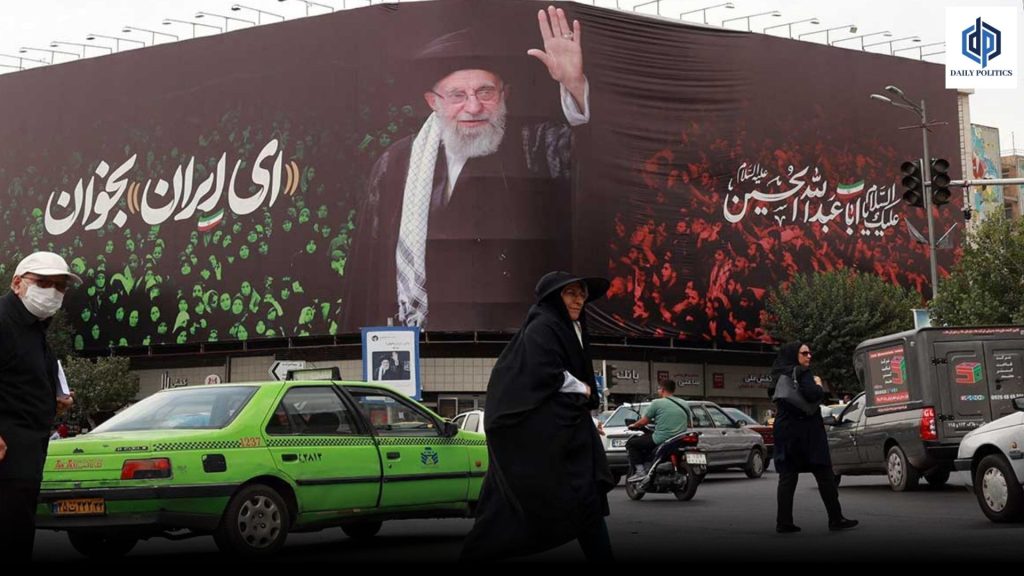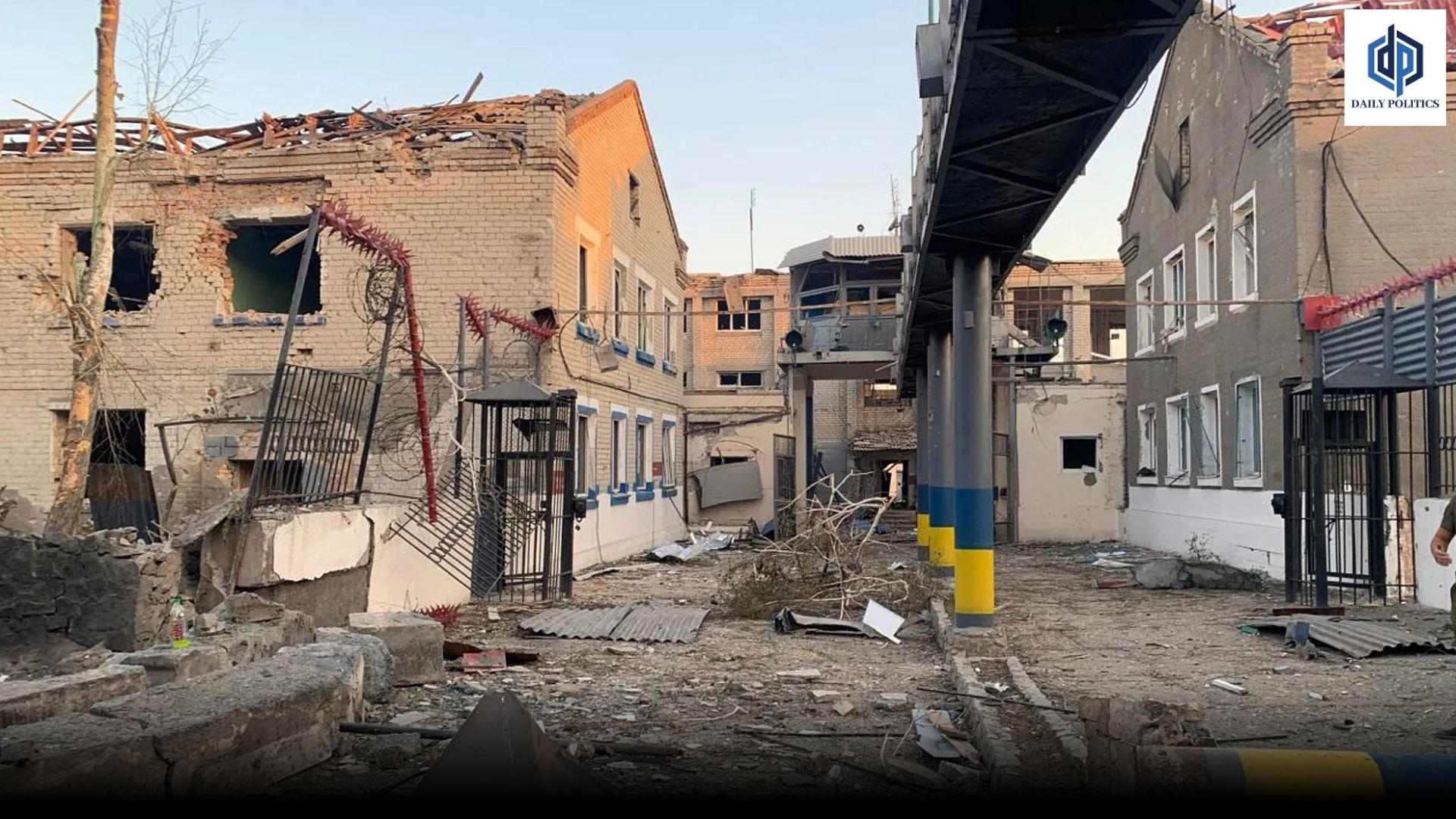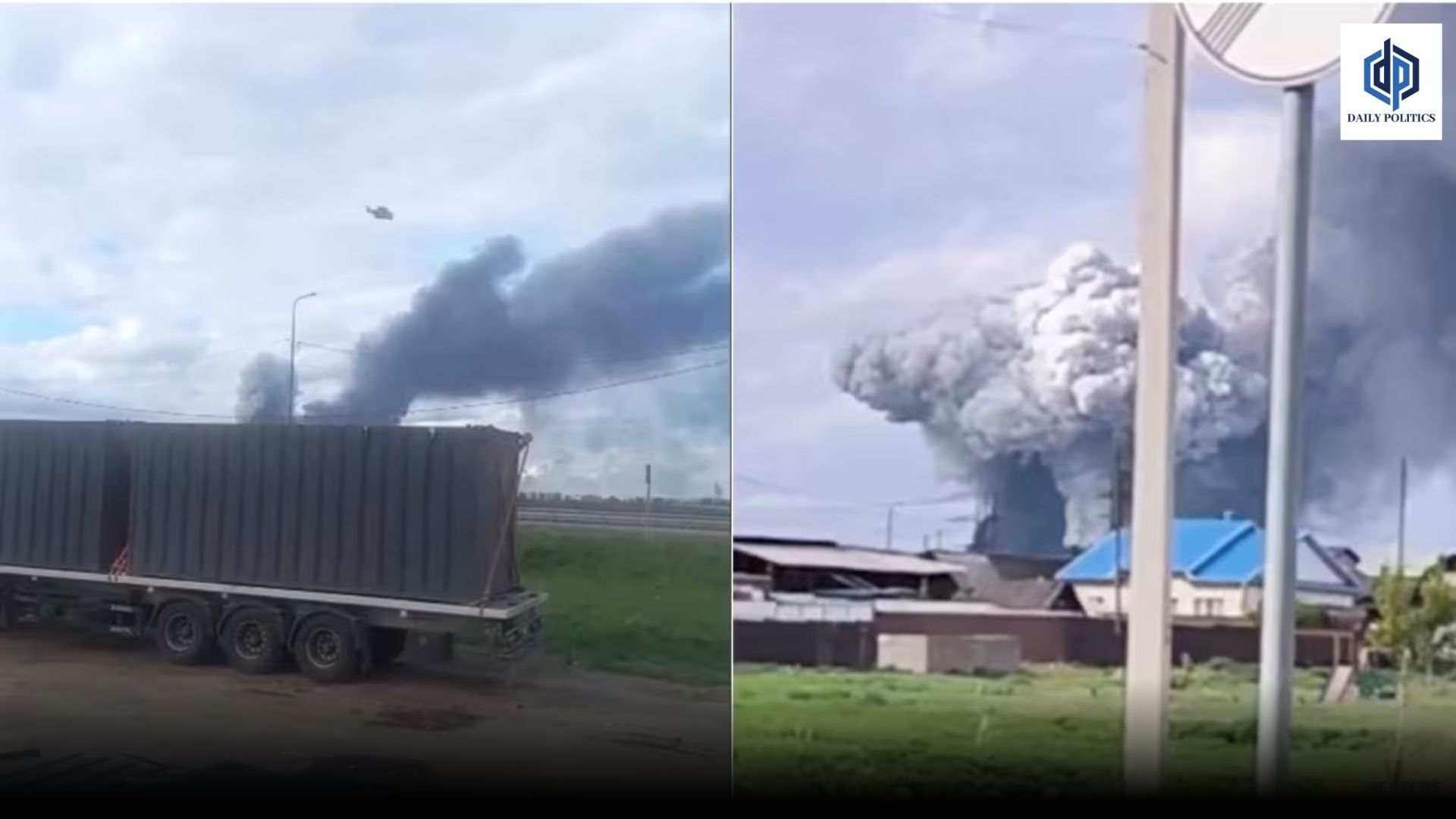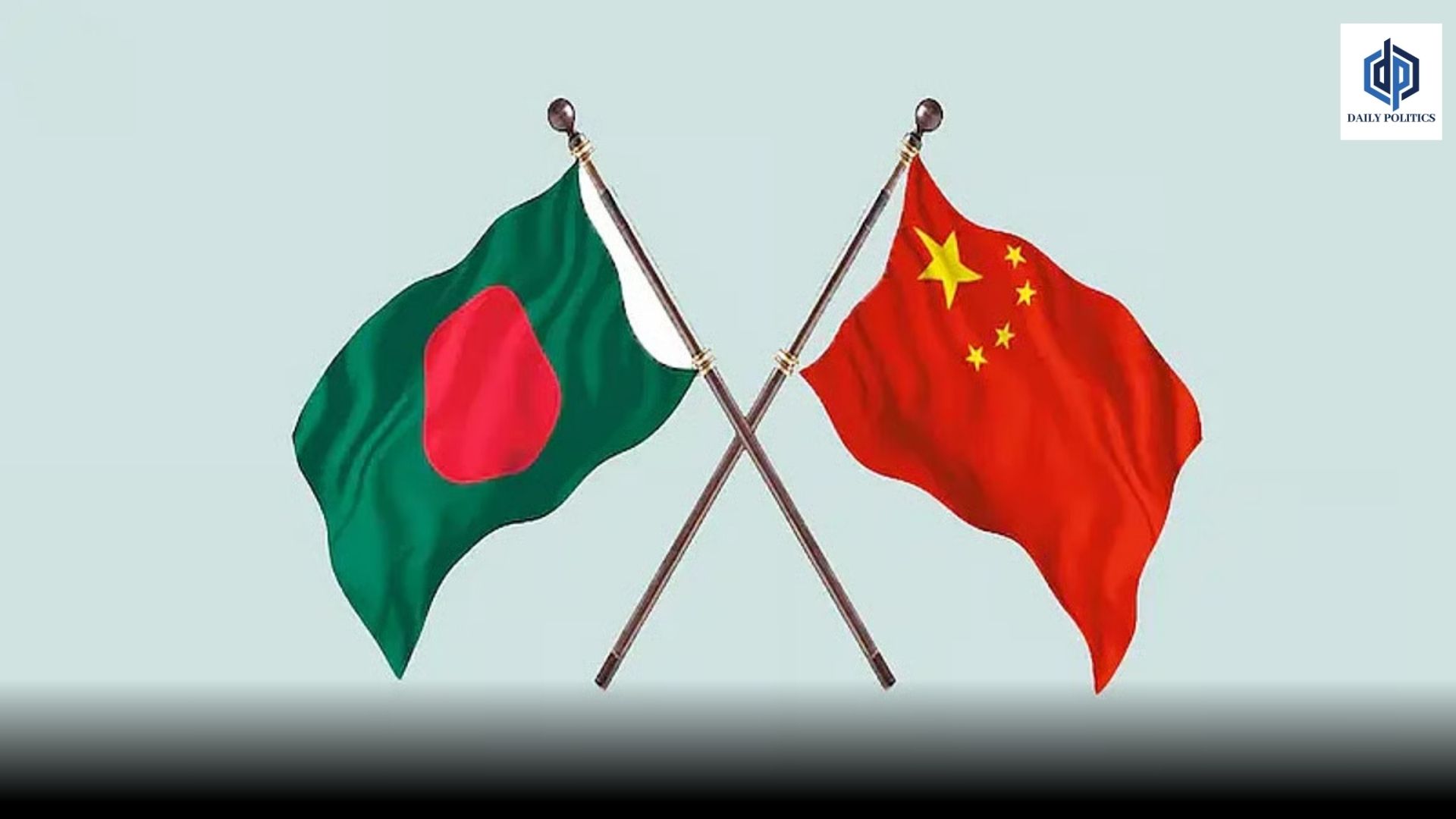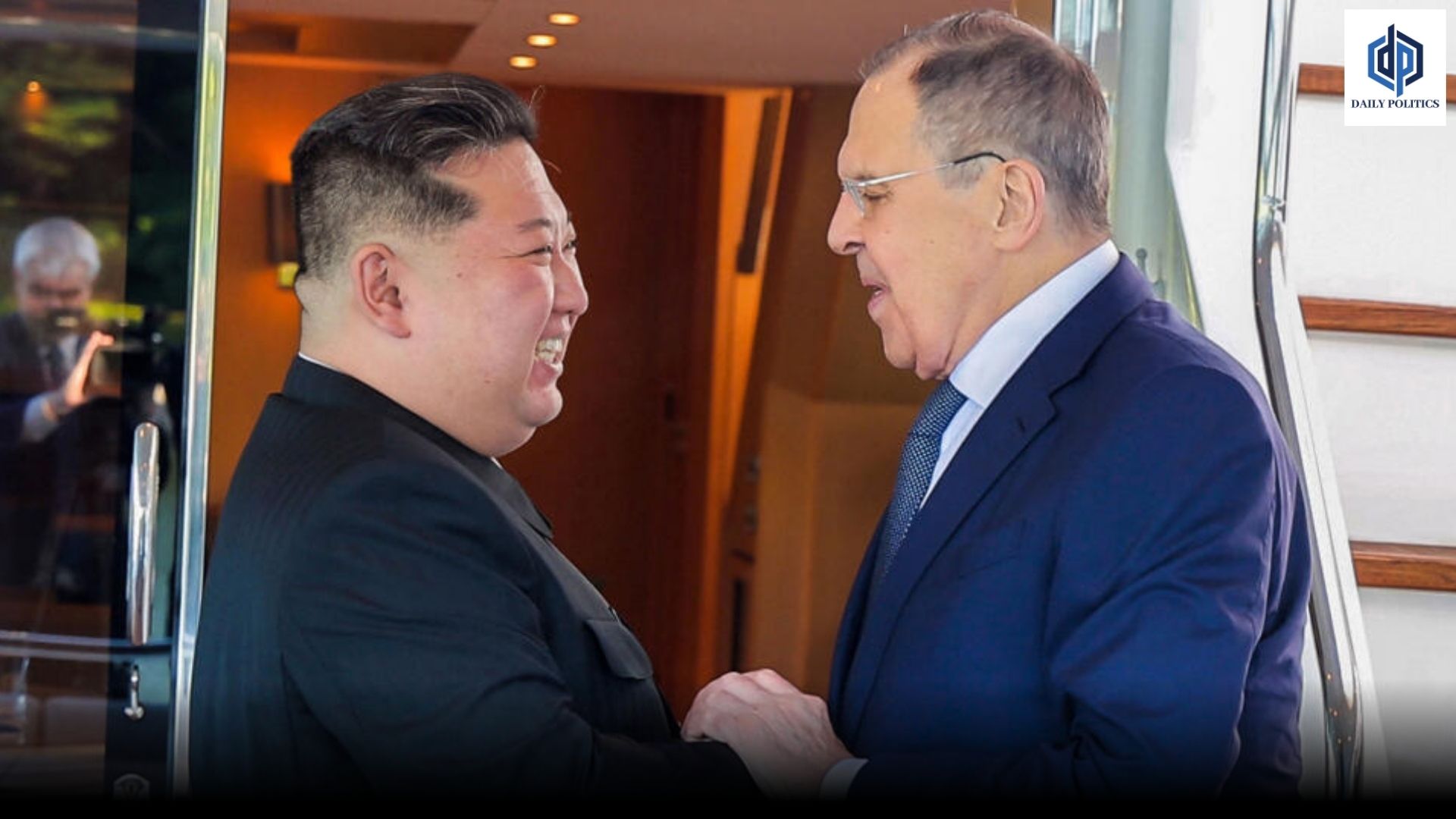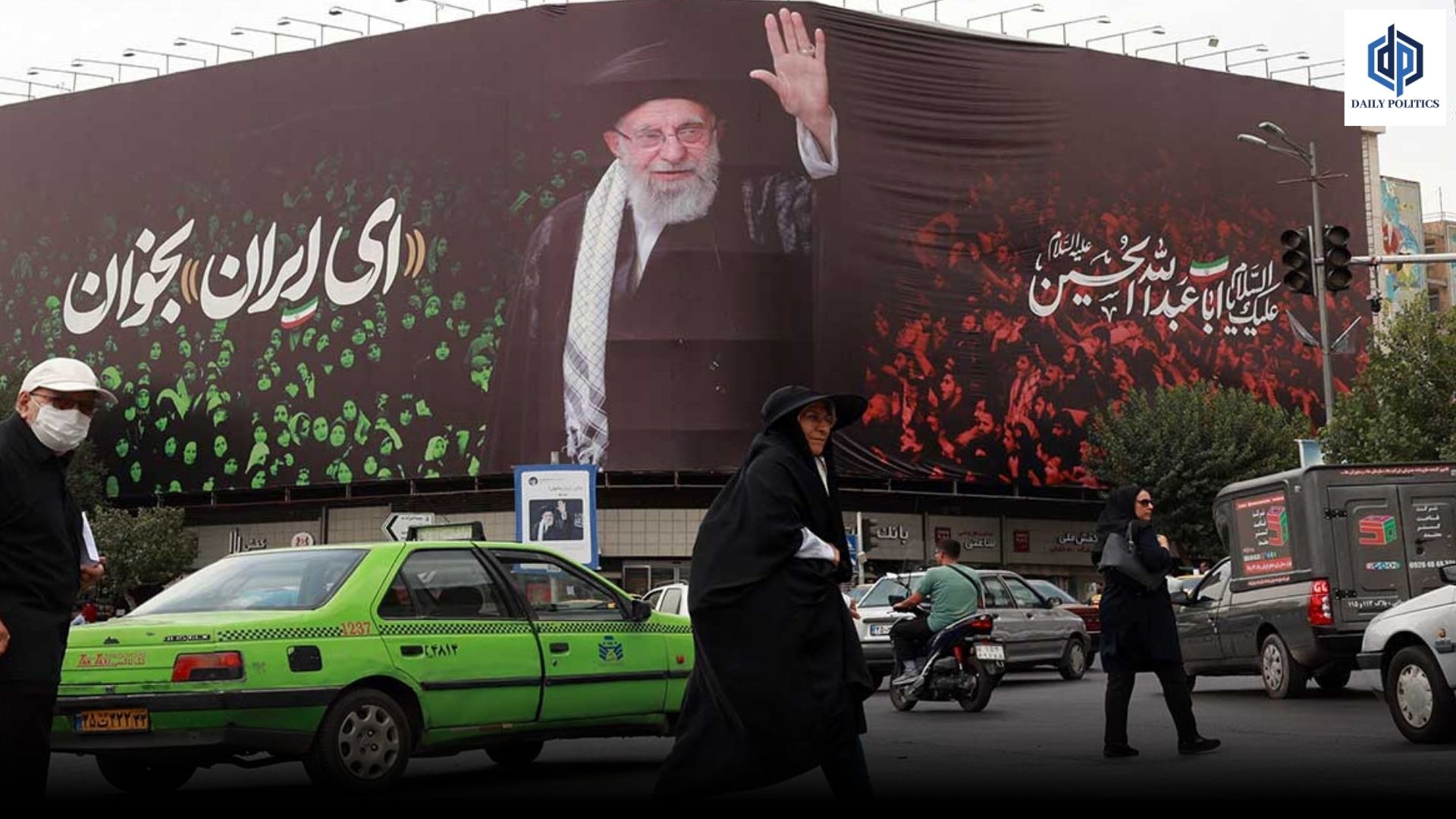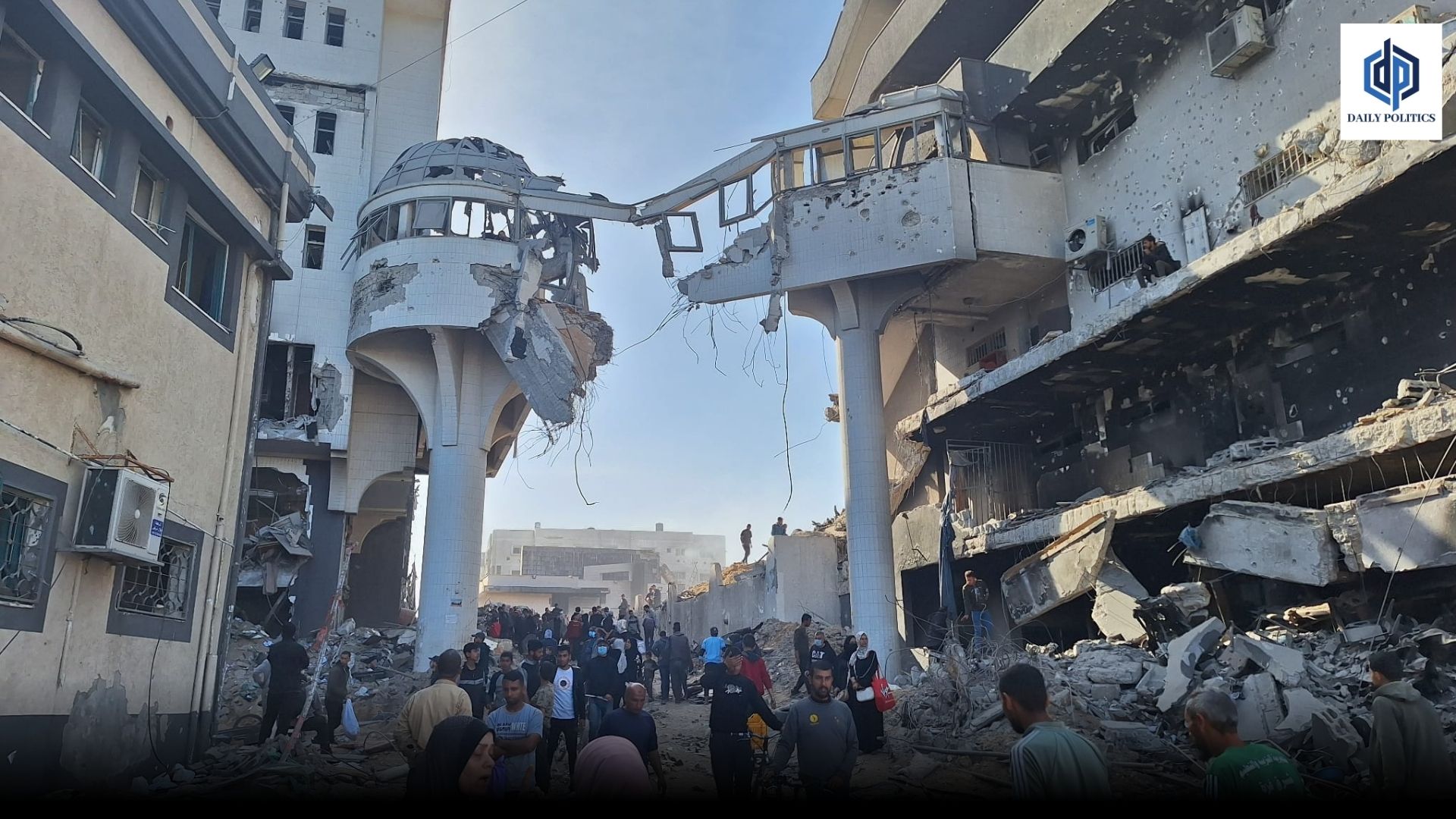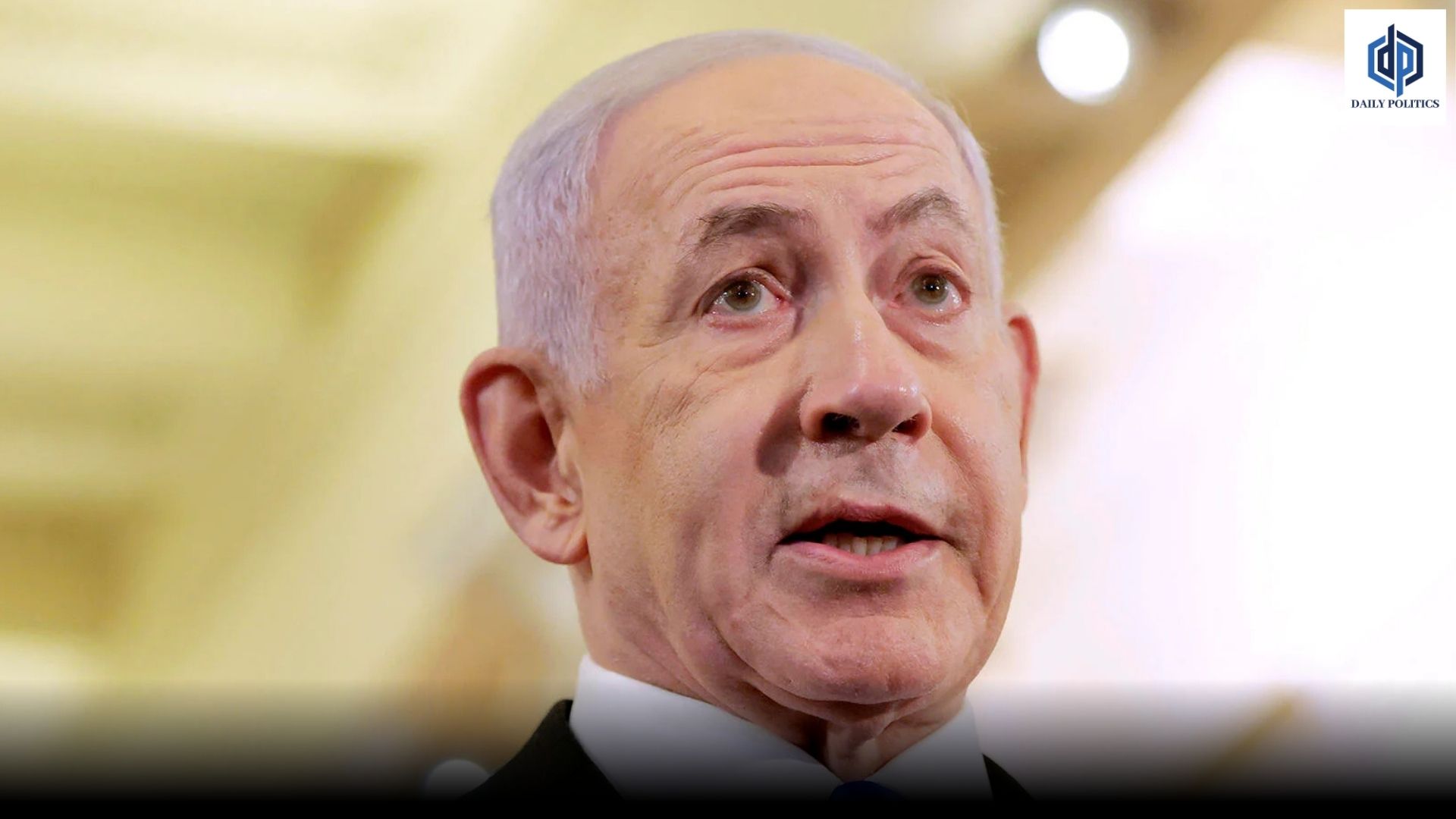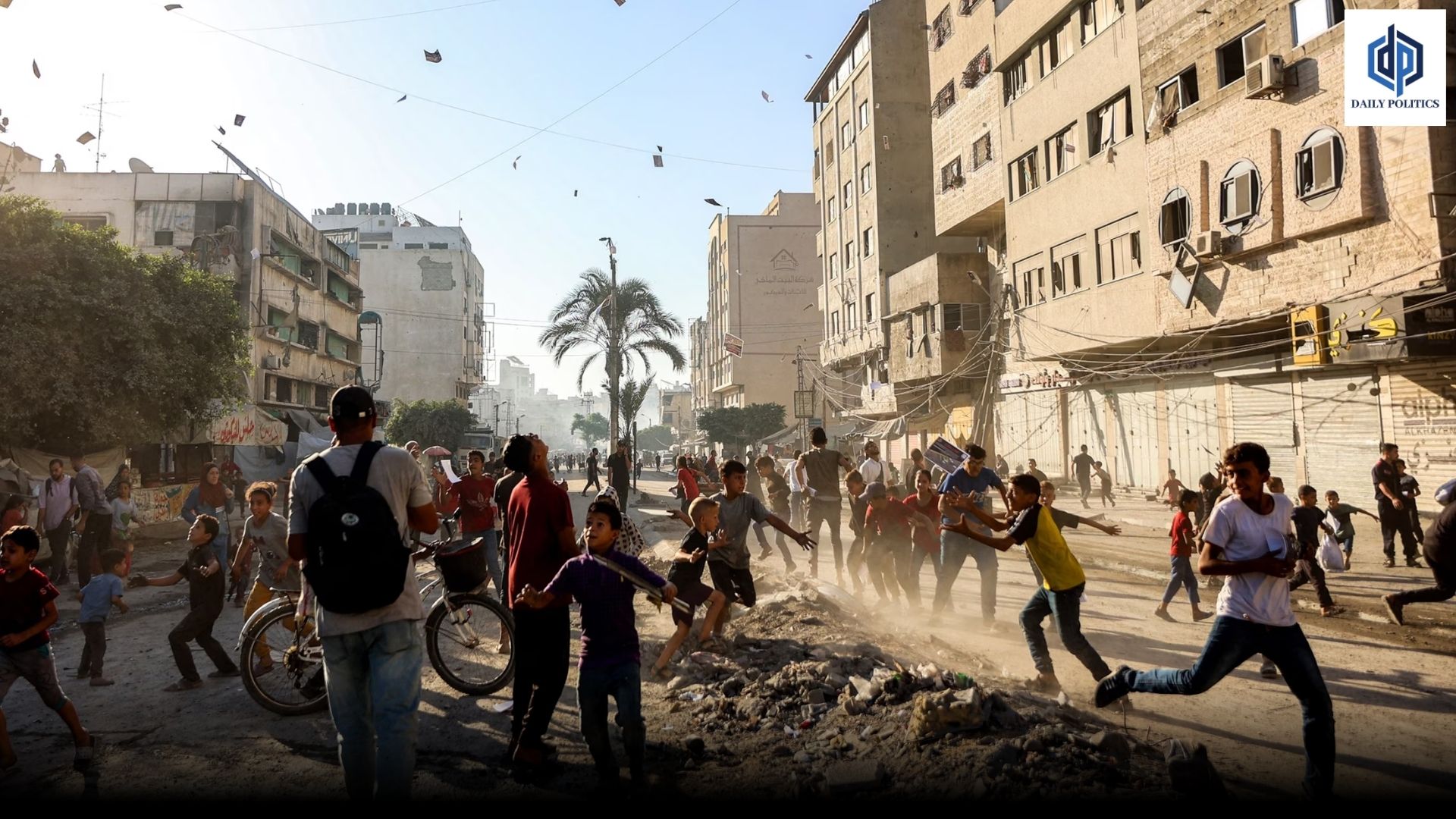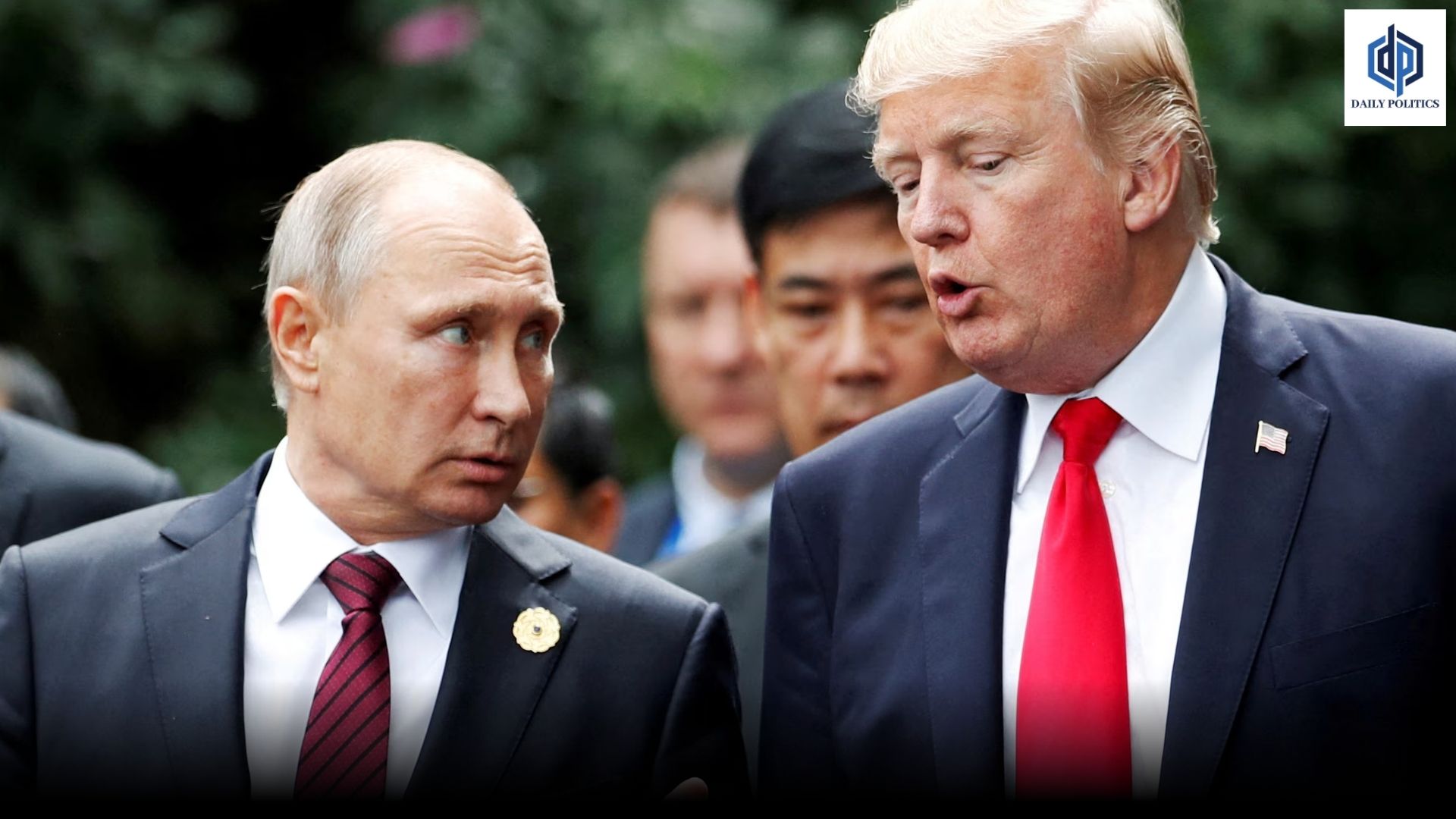On Monday, Iran announced that it currently has “no specific date” set for discussions with the United States regarding Tehran’s nuclear program. This statement follows a conflict with Israel that has disrupted ongoing negotiations.
“Currently, there is no specific date, time, or location established for this matter,” stated foreign ministry spokesman Esmaeil Baqaei concerning the anticipated meeting between Iran’s chief diplomat Abbas Araghchi and US envoy Steve Witkoff.
Araghchi and Witkoff began their meetings in April, engaging in five rounds of discussions that marked the most significant diplomatic interaction between their nations since the United States withdrew from a pivotal nuclear agreement in 2018.
Negotiations mediated by Oman came to a standstill when Israel executed unexpected strikes on Iran’s nuclear facilities on June 13, igniting a 12-day conflict that subsequently drew in the United States.
“We have approached diplomacy and the negotiation process with seriousness and good faith. However, as everyone observed, prior to the sixth round, the Zionist regime, in coordination with the United States, engaged in military aggression against Iran,” stated Baqaei.
Israel and Western nations have levelled accusations against Iran, claiming that the country is actively seeking nuclear weapons, a charge that Tehran has repeatedly refuted.
Despite being the sole non-nuclear state to enrich uranium to 60 percent purity, which is near the threshold required for a nuclear warhead, the United Nations’ atomic energy agency has reported no evidence suggesting that Iran is attempting to weaponise its uranium stockpiles.
Last month, Israel launched an offensive that it claimed was intended to counter a nuclear threat posed by the Islamic Republic. The operation resulted in the deaths of atomic scientists and high-ranking military officials, while also targeting military, nuclear, and various other sites, including residential areas.
On June 22, the United States initiated a series of strikes targeting Iran’s nuclear program, specifically striking the uranium enrichment facility located at Fordo in Qom province, south of Tehran, along with atomic sites in Isfahan and Natanz.
The full scale of the damage resulting from the strikes has yet to be determined, with Baqaei stating that it is “still under investigation”.
In a significant escalation, Iran launched missile and drone strikes against Israel, while also targeting a US military base in Qatar as a response to recent strikes by Washington.
Sanctions
Baqaei stated on Monday that Iran continues to engage with Britain, France, and Germany, the three European nations involved in the 2015 nuclear agreement from which the United States subsequently withdrew.
The Europeans have issued a warning regarding the potential activation of the “snapback” mechanism outlined in the 2015 agreement, a provision that permits the reinstatement of UN sanctions should there be any failure to comply.
Baqaei stated that Tehran maintains “continuous contact with these three countries,” though he noted that he “cannot provide an exact date” for the upcoming meeting with them.
Baqaei stated that there was “no legal, moral or political basis” for the reimposition of sanctions, asserting that Iran remained committed to the 2015 agreement.
The ministry spokesman stated that any such action would elicit an “appropriate and proportionate” response, in light of Iranian threats to withdraw from the nuclear non-proliferation treaty.
Following the United States’ withdrawal from the nuclear accord during Donald Trump’s initial term in office, Iran commenced a gradual reduction of its obligations under the agreement, which had been designed to limit its nuclear activities in exchange for relief from sanctions.
Baqaei stated that the Islamic Republic of Iran continues to view itself as a participant in the JCPOA, referring to the 2015 agreement.

